Second Growth

Summary
A New England village, untouched by history since the American Revolution, is the unquiet arena containing, but just barely, the aloof natives and the summer residents. Their paths cross, happily or disastrously, in a book that seems too real to be fiction. As Wallace Stegner writes, the conflict on this particular frontier "has been reproduced in an endlessly changing pattern all over the United States.""Wallace Stegner's story about a rural community is told with subtle restraint in a style which is often poetic and always sensitive."—Chicago Sun Book Week
"Incisive, restrained character delineation reminiscent of Willa Cather. Strongly recommended."—Library Journal
"Second Growth . . . is a creation of remarkable penetration and skill. Its small, accurate touches build up to a full and firm whole. Its objectivity, its air of knowledge and judgment, are accompanied by an almost lyrical, delicately restrained tenderness. Its prose is disciplined, sensitive and luminous."—New York Times
Similar Books
-
 The Sorrows of Young Werther and Selected Writings
The Sorrows of Young Werther and Selected Writingsby Johann Wolfgang von Goethe
-
 I Knew a Phoenix: Sketches for an Autobiography
I Knew a Phoenix: Sketches for an Autobiographyby May Sarton
-
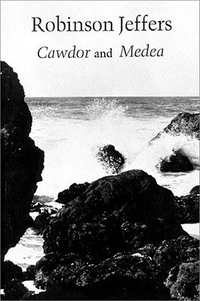 Cawdor & Medea
Cawdor & Medeaby Robinson Jeffers
-
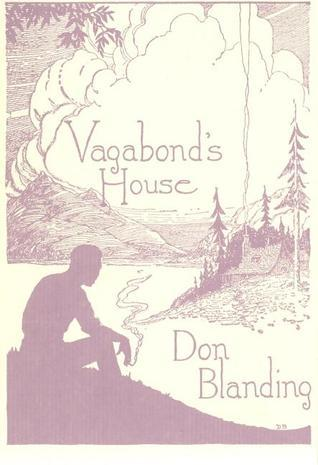 Vagabond's House
Vagabond's Houseby Don Blanding
-
 Sorgemusik för frimurare
Sorgemusik för frimurareby Lars Gustafsson
-
 Late
Lateby Cecilia Woloch
-
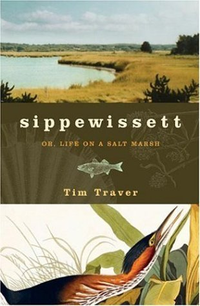 Sippewissett: Or, Life on a Salt Marsh
Sippewissett: Or, Life on a Salt Marshby Tim Traver
-
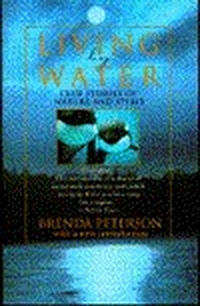 Living by Water: True Stories of Nature and Spirit
Living by Water: True Stories of Nature and Spiritby Brenda Peterson
-
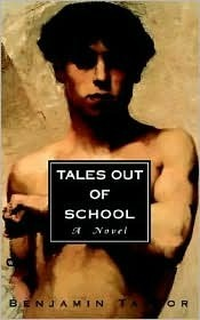 Tales Out of School
Tales Out of Schoolby Benjamin Taylor
-
 YellowBlack: The First Twenty-One Years of a Poet's Life
YellowBlack: The First Twenty-One Years of a Poet's Lifeby Haki R. Madhubuti
-
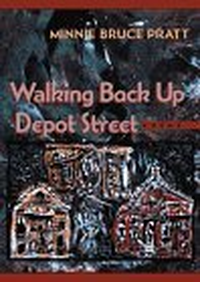 Walking Back Up Depot Street: Poems
Walking Back Up Depot Street: Poemsby Minnie Bruce Pratt
-
 Gone Home: Southern Folk Gravestone Art
Gone Home: Southern Folk Gravestone Artby Suzanne Solomon
-
 The Shino Suite: Japanese-American Poetry
The Shino Suite: Japanese-American Poetryby Ronald Phillip Tanaka
-
 Do Not Peel the Birches
Do Not Peel the Birchesby Fleda Brown
-
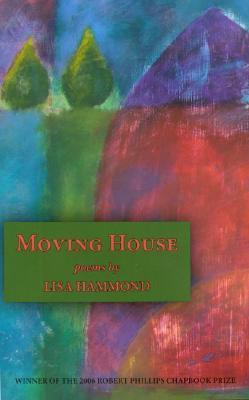 Moving House: Poems
Moving House: Poemsby Lisa Hammond
-
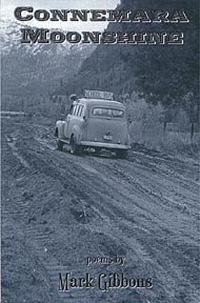 Connemara Moonshine
Connemara Moonshineby Mark Gibbons
-
 House
Houseby Mariela Griffor
-
 Petitions for Immortality: Scenes from the Life of John Keats
Petitions for Immortality: Scenes from the Life of John Keatsby Robert Cooperman
-
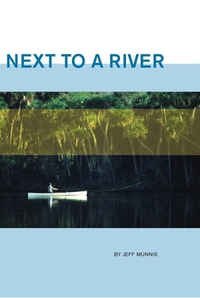 Next to a River
Next to a Riverby Jeff Munnis
-
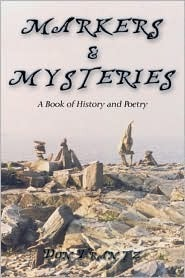 Markers And Mysteries
Markers And Mysteriesby Don Frantz